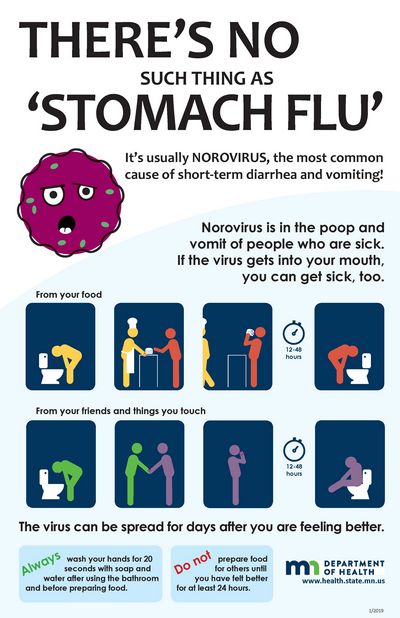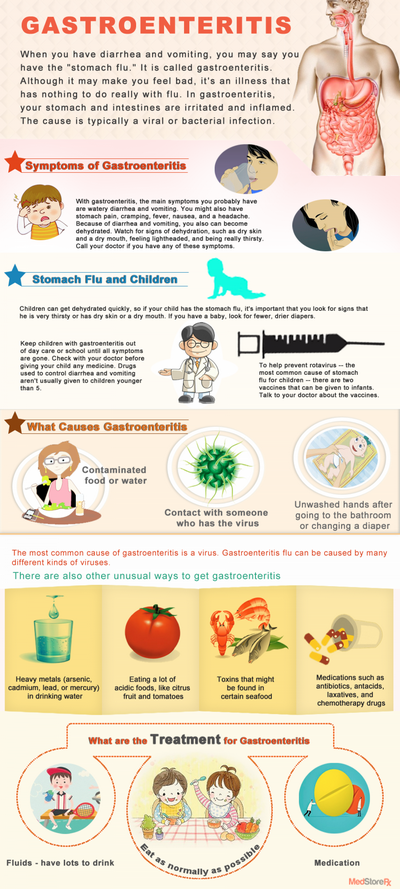Viral gastroenteritis, also known as viral gastroesophageal reflux disease (VERF) is an illness of the lower intestines which usually causes watery or bloody diarrhea, cramping or pain in the stomach, and occasionally fever or vomiting.

Viral gastroesophageal reflux disease is caused by bacteria that naturally live inside the stomach; however, when these bacteria are irritated they cause the symptoms of gastroesophageal reflux disease. People normally call viral gastroesophageal reflux disease – stomach flu, but technically the word is incorrect.
The digestive system, or the large intestine, produces two types of bacteria: Streptococcus and Lactobacillus. Streptococcus helps digest food while Lactobacillus helps create the acid in the stomach. When one or the other of these bacteria is damaged or killed by antibiotics, it can be a sign of a more serious illness such as hepatitis, arthritis, gallbladder disease and pneumonia. Antibiotics can destroy both good and bad bacteria, thereby resulting in a weakened immune system.
Viral gastroesophageal reflux disease is caused by the overgrowth of bacteria in the lower intestines.

These bacteria thrive in conditions where food and air do not mix well, such as in the stomach and intestines after eating or before going to bed at night. Because of this, people who suffer from gastroesophageal reflux disease often experience symptoms such as heartburn, painful cramps or burning sensation in the chest, feeling bloated, bloating, stomach bloating, feeling constipated, or even diarrhea. Some people may even have stomach pains, while others will have diarrhea and no pain.
Symptoms of viral gastroesophageal reflux disease are usually worse if the stomach is full or very full. They can also start to develop around six hours to a day or a week after eating or immediately after a meal or even a person goes to bed. These symptoms usually affect women more often than men, and they can last from a couple days to several weeks, and even months.

It is common for some people to experience recurrent bouts of viral gastroesophageal reflux disease, but the recurrence rates depend on the severity of the illness.
Some of the symptoms of viral gastroesophageal reflux disease are nausea, vomiting, abdominal bloating, and abdominal pain, constipation, dehydration, abdominal pain when moving the bowels, diarrhea, or itching in the chest area, headaches, vomiting or even vomiting blood, loss of appetite, increased thirst, shortness of breath, dizziness, sweating, and feeling exhausted. If you have any of these symptoms, then it is recommended that you seek medical attention right away.
There are a few things that can cause the symptoms of viral gastroesophageal reflux disease to become worse than they are already. One of the main reasons is that viral gastroesophageal reflux disease can lead to complications if left untreated, such as dehydration and ulcers.
Fortunately, if you have any of these symptoms, you should seek medical help as soon as possible because the longer you wait, the harder it is to treat it. Medical treatment can include taking anti-inflammatory medication and antacids, which are taken intravenously.
Another reason for gastroenteritis flare-ups is if you have any underlying medical conditions like diabetes or heart disease, the treatment may be different. Other reasons can be due to a weak immune system that may make your digestive system more susceptible to viral attacks.

When you have gastroenteritis flare-ups, it is important to know how to prevent or reduce its frequency, severity, or both.
There are various ways to cure gastroenteritis, but many people opt for natural methods. Homeopathy has been proven to be effective in treating and curing gastroenteritis. One such remedy is by drinking echinacea.
Echinacea contains natural herbal tea that helps to boost the immune system so that it is more effective in fighting infections. By strengthening your immune system, you can protect your body from illnesses that may come from viruses and bacteria that could cause gastroenteritis flare-ups.
When you have gastroenteritis flare-ups, it is important to try to keep yourself hydrated, so you can avoid diarrhea or indigestion, which may lead to dehydration. The best way to do that is to drink lots of fluids, and stay away from fatty foods because they can cause dehydration.